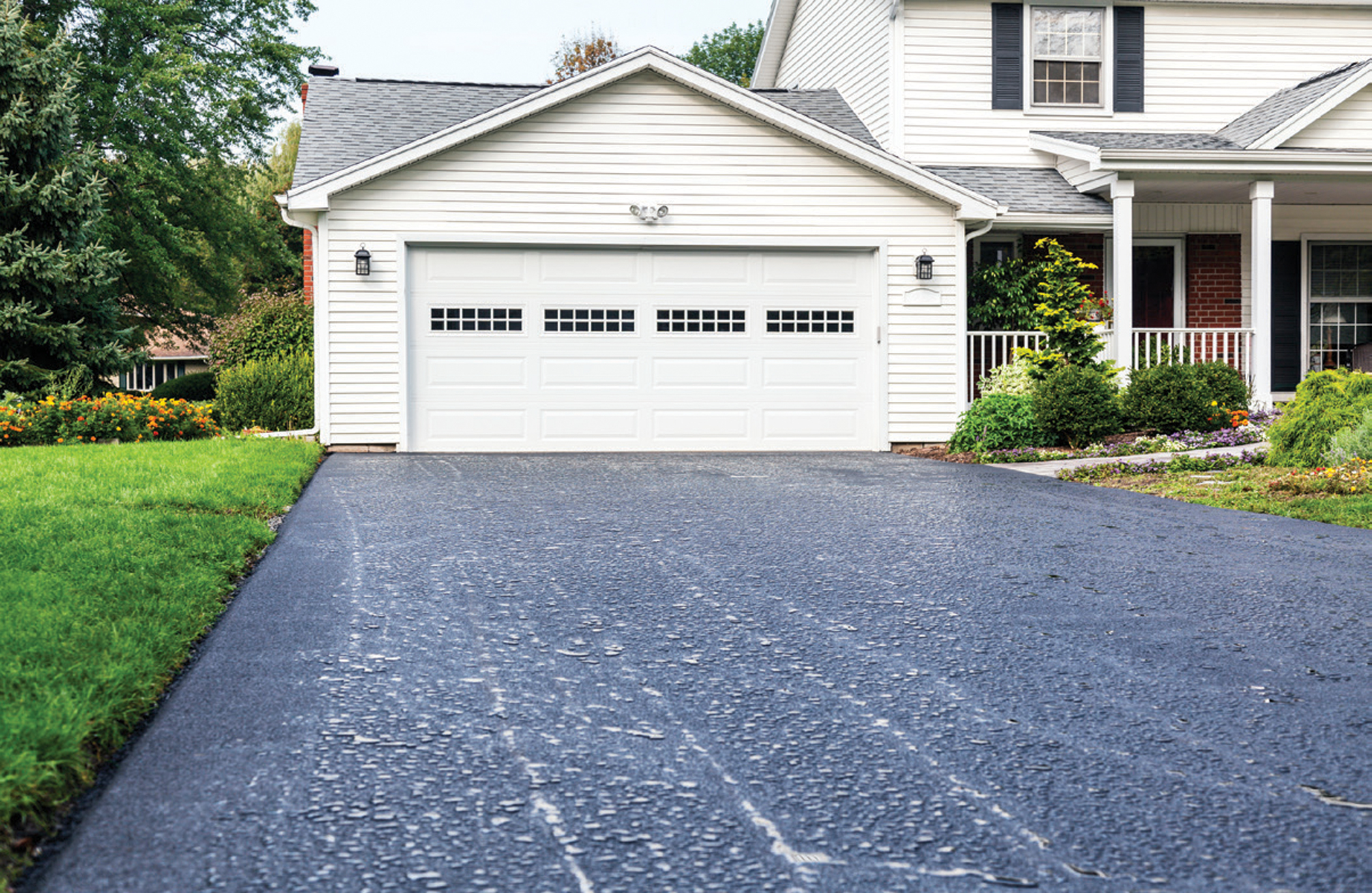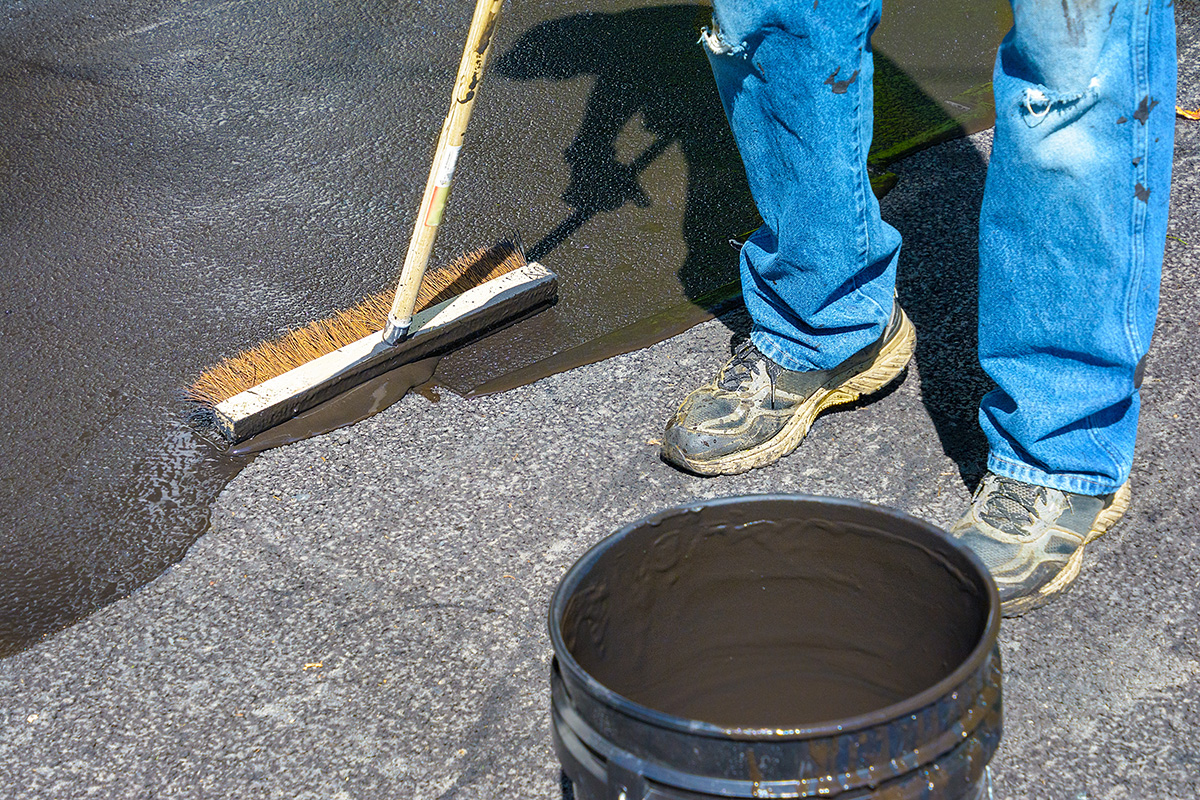Cold Mix Asphalt Vs. Hot Mix Asphalt: Which Is Right for You?

Make-up Differences
Cold mix asphalt is produced by emulsifying the asphalt binder with water and an emulsifying agent before mixing it with aggregate. The hot mix asphalt production process includes heating up the aggregate and asphalt binder separately before combining them at the asphalt plant.
Additionally, chilly mix asphalt has a tendency to be much less dense and much more versatile than hot mix asphalt. This flexibility makes it better suited for areas with higher levels of movement, such as driveways or roads with rush hour. On the other hand, warm mix asphalt is understood for its high longevity and resistance to rutting and fracturing, making it a recommended selection for freeways and high-traffic roads where longevity is crucial.
Installment Refine Variations
The process of installing cool mix and warm mix asphalt displays notable variances in their requirements and procedures. Cold mix asphalt, being a much more versatile material, can be used straight from the bag or container onto the pothole or harmed area. It requires marginal preparation work, such as cleaning the location and compacting the cool combine with hand tools. This makes it a hassle-free choice for momentary and quick solutions. On the other hand, warm mix asphalt requires a much more fancy installment procedure. It involves heating up the mixture to heats prior to laying it down on an effectively ready base. The preparation includes condensing the base, applying a tack layer, and using hefty machinery like pavers and compactors for a resilient and smooth coating. Due to the home heating requirements, warm mix asphalt installations are commonly accomplished by specialists with specialized tools, guaranteeing an extra structurally audio and permanent result.
Durability and Durability Aspects
When thinking about asphalt choices, longevity and longevity are crucial elements to assess for enduring pavement performance. Warm mix asphalt (HMA) is recognized for its exceptional resilience and longevity. The heats throughout the laying and blending procedure enable far better compaction, causing a denser and stronger pavement framework. This brings about HMA being extra immune to heavy traffic loads, rough climate problems, and the impacts of aging contrasted to cool mix asphalt (CMA)
In regards to durability, HMA typically outmatches CMA because of its exceptional toughness and resistance properties. HMA sidewalks have a longer life span, calling for less constant repair work and upkeep, which can equate to set you back savings in the future. Furthermore, HMA sidewalks are a lot more easily customizable to fulfill certain project demands, further improving their durability.
Expense Factors To Consider
Thinking about the monetary ramifications is an important element when examining the option between hot mix asphalt (HMA) and cold mix asphalt (CMA) for pavement projects. While the first price of warm mix asphalt is normally greater than that of chilly mix asphalt, HMA typically offers a more affordable solution in the lengthy run due to its premium longevity and long life.
In addition to material prices, it's vital to take into consideration the costs associated with setup and upkeep click here to read when comparing HMA and CMA. Eventually, the choice between HMA and CMA need to take into account not just the first cost however additionally the long-term monetary effects to identify the most cost-efficient option for the particular sidewalk project.
Environmental Effect Contrast
Contrast of the environmental effects in between warm mix asphalt (HMA) and cold mix asphalt (CMA) exposes unique distinctions in sustainability practices. HMA production calls for high temperatures, leading to boosted energy consumption and greenhouse gas exhausts. The procedure additionally launches volatile natural compounds (VOCs) and unsafe air pollutants (HAPs) into the environment. On the other hand, CMA is generated and used at reduced temperatures, reducing energy usage and discharges dramatically. The reduced manufacturing temperatures of CMA result in decreased fuel consumption and lower levels of CO2 emissions, making it a more environmentally pleasant alternative.
Moreover, making use of CMA frequently involves reusing existing asphalt sidewalk, advertising resource conservation and reducing the quantity of waste sent out to garbage dumps. This recycling facet better boosts the sustainability of CMA contrasted to HMA. In general, when considering the environmental influence, CMA arises as a much more environmentally lasting option because of its lower power demands, decreased exhausts, and the potential for recycling existing materials. By going with CMA over HMA, roadway construction projects can add favorably to environmental preservation efforts.
Verdict
To conclude, the selection between chilly mix asphalt (CMA) and warm mix asphalt (HMA) depends on different variables such as composition, setup procedure, resilience, durability, price, and environmental effect. asphalt repair. While CMA offers a quick and cost-efficient option for small repairs, HMA guarantees remarkable durability and longevity for heavy traffic locations. Take into consideration these factors thoroughly to identify which sort of asphalt is the ideal selection for your paving requires

Taking into consideration the monetary ramifications is a crucial facet when examining the option in between hot mix asphalt (HMA) and cold mix asphalt (CMA) for pavement jobs. While the preliminary expense of warm mix asphalt is commonly higher than that of chilly mix asphalt, HMA often offers an extra cost-effective service in the lengthy run due to its premium resilience and durability. asphalt repair.Comparison of the environmental effects between warm mix asphalt (HMA) and cool mix asphalt (CMA) discloses distinct distinctions in Learn More sustainability techniques.In conclusion, go to this web-site the choice between chilly mix asphalt (CMA) and hot mix asphalt (HMA) depends on different variables such as make-up, installment procedure, resilience, longevity, cost, and environmental effect